What is bupe: Buprenorphine the addictive opioid being injected into NSW prisoners
An addictive opioid — which has sparked prison hostage situations and assaults — is being handed out legally in NSW prisons. And there’s a crucial reason why.
Local
Don't miss out on the headlines from Local. Followed categories will be added to My News.
It is the addictive opioid sparking horrifying prison hostage situations and assaults as inmates demand access to what is described as a “month-long high” — but Justice Health are actively injecting buprenorphine into close to 900 prisoners every month.
Justice Health and Forensic Mental Health Network chief, Gary Forrest, revealed to NewsLocal a total of 888 inmates were currently receiving injectable buprenorphine (depot) in public prisons across NSW — in an attempt to manage opioid addiction.
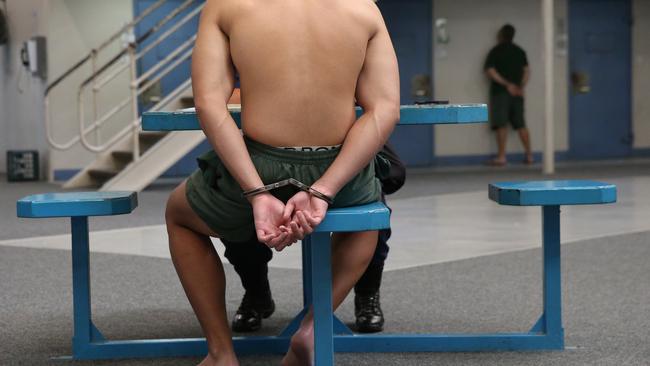
“Following a successful clinical trial, Justice Health and Forensic Mental Health Network rolled out a new form of Opioid Agonist Treatment (OAT) for inmates who are opioid dependent in early 2020,” Mr Forrest said.
In Corrective Services facilities across the state, the addictive drug is administered into the blood stream via injection. The use of injectables prevents inmates trading it in other forms including consumption, skin patch or implant.
Bupe strips are commonly smuggled into NSW prisons, with black market pricing skyrocketing during the COVID-19 pandemic.
“The new treatment, a long-lasting buprenorphine injection known as a depot, helps patients feel more stable by slowly releasing the buprenorphine into the body over one month,” he said.
“The new treatment is a game changer in custodial settings, enabling greater patient safety and efficiency in care, which frees up clinicians to provide more care to those in custody.”
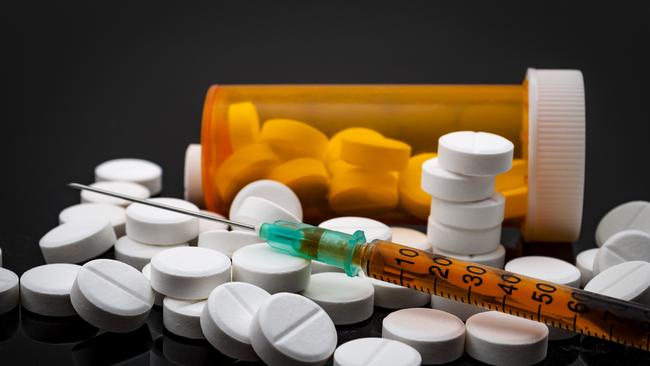
The drug is used as a replacement opioid in the treatment of methadone or heroin dependency under what is widely known as a Buprenorphine maintenance programs.
According to Australian Alcohol and Drug Foundation research, as many as 20,000 people across Australia were undergoing pharmacotherapy treatment for opioid addiction with the use of Buprenorphine.
Drug and Alcohol clinicians employed by Justice Health assess inmates applying for the treatment which has, in several cases, sparked assaults and hostage situations in an effort for inmates to gain access to the OAT services provided by Justice Health.
If approved, inmates a issued weekly injections before doses are increased in strength and administered monthly.
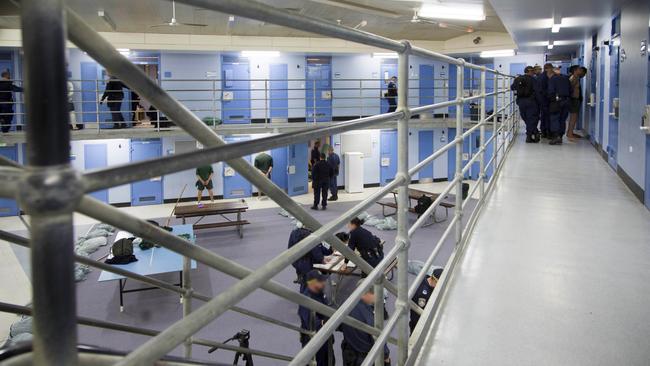
Last month, a NewsLocal investigation revealed a 20-year-old Islamic State Terrorist took a Mid-North Coast Correctional officer hostage for several hours after he was rejected from the buprenorphine injection program — demanding negotiators secure him a position on the Justice Health initiative.
“The rollout was fast-tracked early into the pandemic to ensure OAT provision was not impacted by measures to prevent the spread of COVID-19 in NSW correctional centres,” Mr Forrest told NewsLocal.
“Individuals are assessed on a range of criteria to confirm the treatment is safe and appropriate for them.
“Depot buprenorphine is a specific treatment for people with addiction to heroin or other opioids, and isn’t the right treatment for everyone, including people who mainly use ice or other substances.”
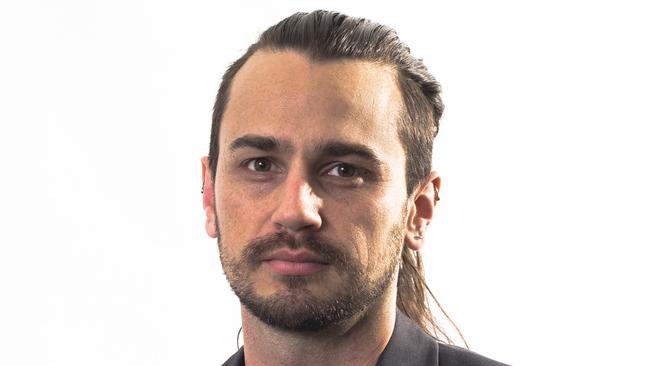
Noffs Foundation clinical services director and psychologist Kieran Palmer said although Bupe is still an opioid itself it is a “lesser of two evils”.
“Bupnorephine is a replacement medication for people trying to work on their opioid dependence,” Mr Palmer said. “You use it instead of other opioids in regulated dosages administered by drug treatment specialist and pharmacists — rather than taking an opioid from the black market.”
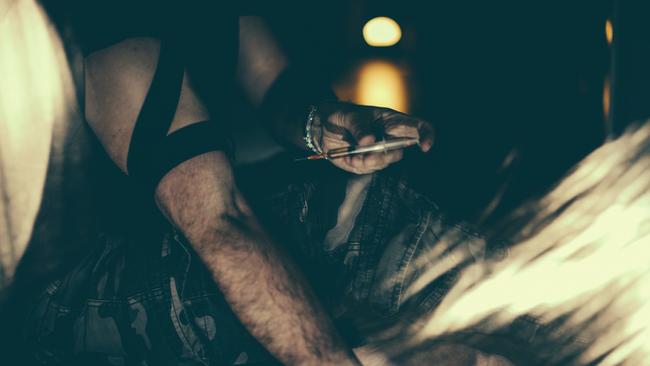
Mr Palmer said due to the nature of access to dangerous and deadly street drugs in prisons, programs like Justice Health’s Bupe programs were “widely supported”
“If you are using street heroin, the people around that are dealers or other users,” Mr Palmer said. “But with Bupe, you are having interactions with doctors and counsellors — some Bupe even has blockers in there to prevent cravings for other opioids.
However the Noffs Foundation head and psychologist said the drug can be as addictive as other opioids, “meaning that you have to be very careful about who goes on these programs”.
“There are no regulatory options over the black market,” he said. “Whereas Bupe can be controlled, assessed and ensured it is safe for the user.
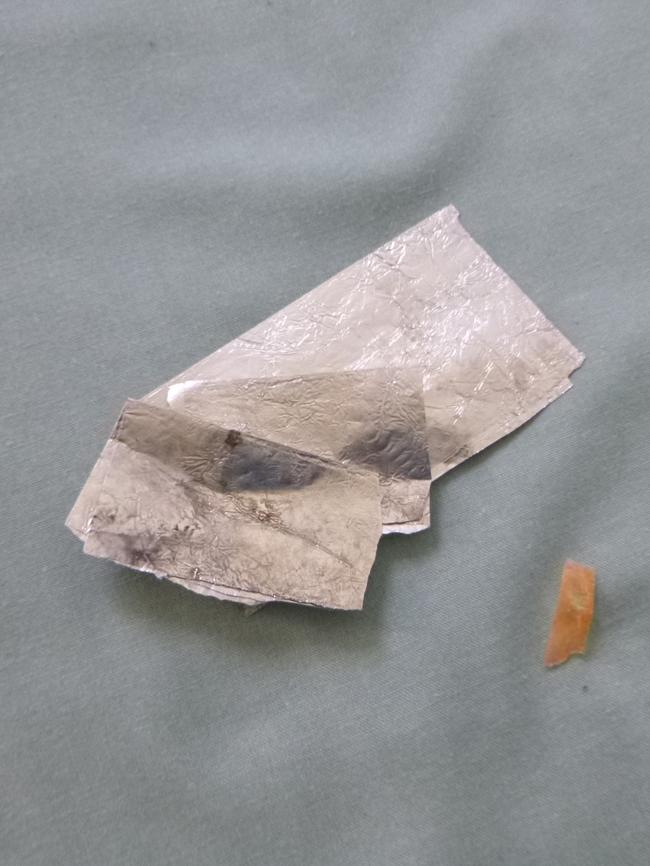
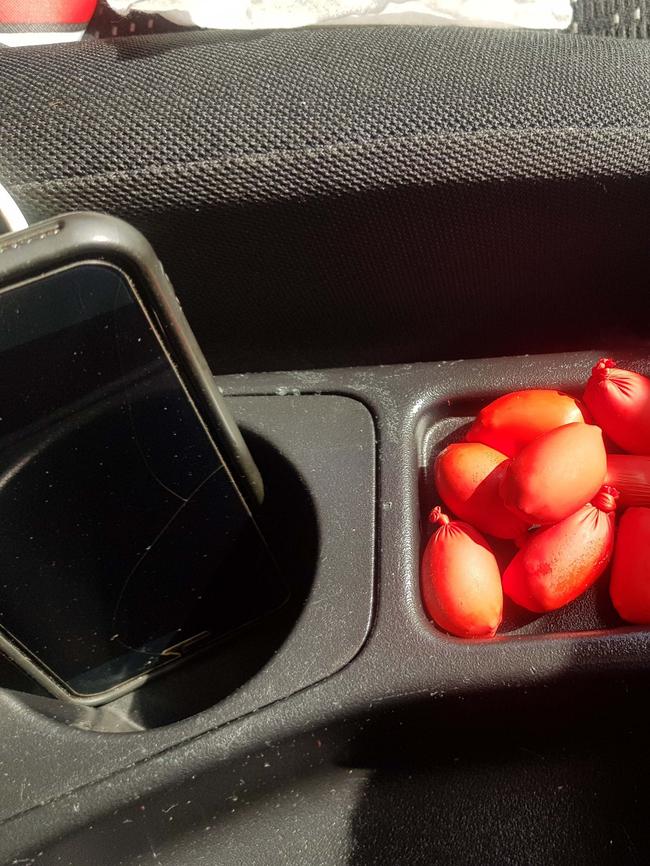
“From a Noffs Foundation perspective, this is a great initiative, this is an early intervention opportunity for opioid users and early intervention that works to provide young people support early on to ensure that they don’t end up with established drug dependency.”
Last week, Corrective Services confirmed two Correctives officers allegedly smuggled illegal Buprenorphine into NSW Prisons last year, as face-to-face visitations were cancelled due to the COVID-19 pandemic — reducing the number of successful smuggling attempts dramatically.
Corrective Services sources told NewsLocal the cost of illegal ‘Bupe’ had skyrocketed, resulting in $40,000 bribes allegedly being offered to correctional staff.



